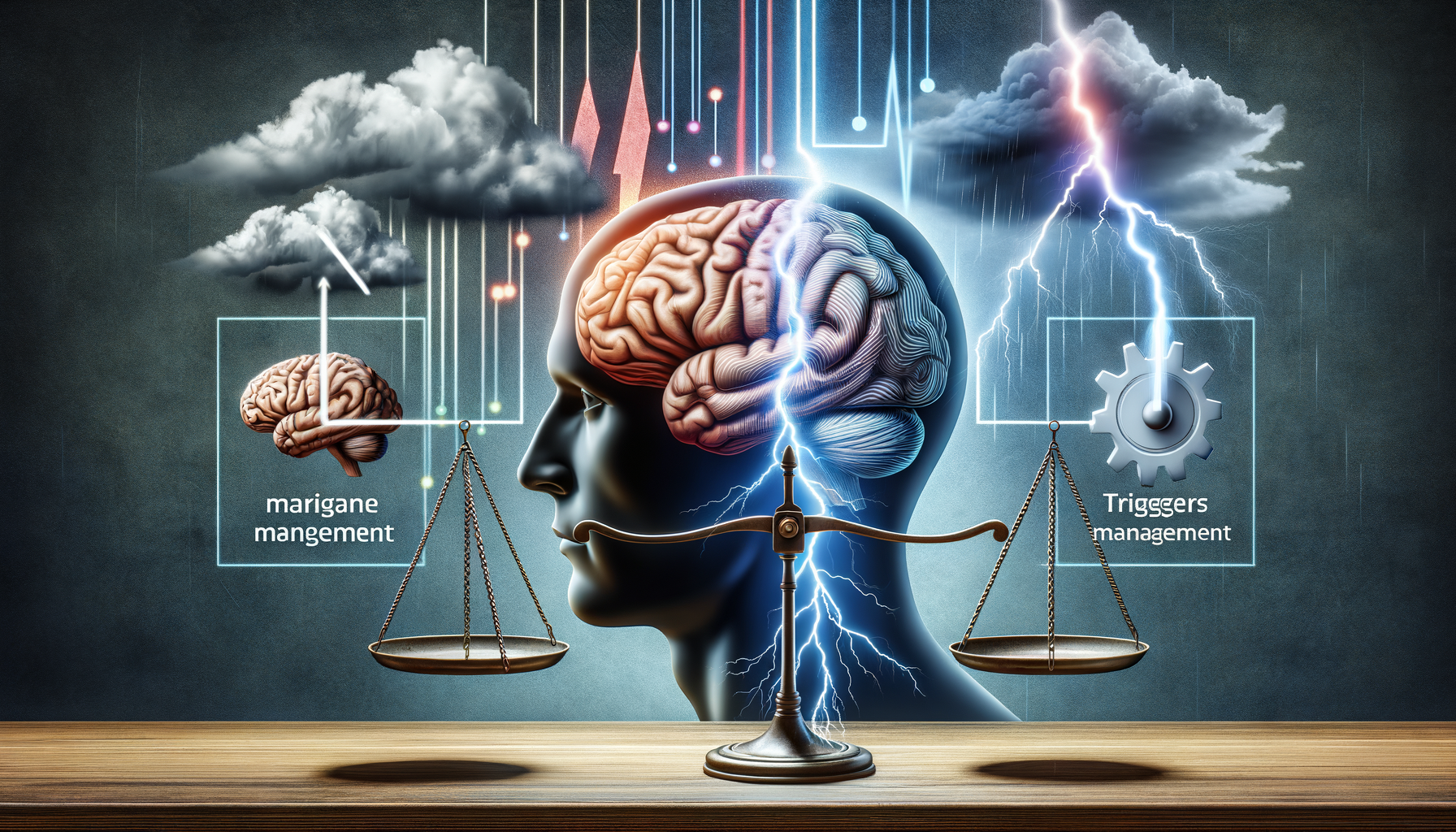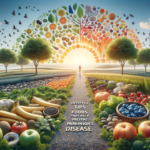Introduction to Parkinson’s Disease Triggers
Parkinson’s disease, a progressive neurological disorder, affects millions of people worldwide. Understanding the factors that can trigger or worsen symptoms is crucial for effective management. While the exact cause of Parkinson’s remains unknown, various environmental, lifestyle, and emotional factors can influence the severity and frequency of symptoms. This article delves into these triggers and offers insights into managing them, aiming to improve the quality of life for those affected by this condition.
Environmental Factors and Parkinson’s Disease
Environmental factors play a significant role in triggering Parkinson’s symptoms. Exposure to certain toxins and chemicals, such as pesticides and herbicides, has been linked to an increased risk of developing the disease. Industrial pollutants and heavy metals can also exacerbate symptoms. It is essential for individuals with Parkinson’s to be aware of their surroundings and take precautions to minimize exposure.
Some practical steps include:
- Using natural or organic products in the home and garden.
- Ensuring proper ventilation when using cleaning agents or chemicals.
- Wearing protective gear if exposure to industrial pollutants is unavoidable.
By taking these precautions, individuals can reduce the impact of environmental triggers on their symptoms.
The Impact of Stress on Parkinson’s Symptoms
Stress is a well-documented trigger for many health conditions, and Parkinson’s disease is no exception. Stress can exacerbate symptoms such as tremors, rigidity, and bradykinesia. Managing stress effectively is crucial for maintaining symptom control and overall well-being.
Several strategies can help manage stress:
- Engaging in regular physical activity, such as walking or yoga, to release endorphins and reduce stress levels.
- Practicing mindfulness and relaxation techniques, such as meditation and deep breathing exercises.
- Seeking support from friends, family, or support groups to share experiences and alleviate emotional burdens.
These approaches can help individuals with Parkinson’s manage stress more effectively, leading to a better quality of life.
Daily Habits and Their Influence on Symptoms
Daily habits and lifestyle choices can significantly impact the symptoms of Parkinson’s disease. Diet, sleep, and routine activities all play a part in symptom management. A balanced diet rich in antioxidants, omega-3 fatty acids, and fiber can support brain health and reduce inflammation.
Additionally, maintaining a regular sleep schedule is vital, as poor sleep can worsen symptoms. Creating a calming bedtime routine and ensuring a comfortable sleep environment can aid in achieving restful sleep.
Incorporating consistent physical activity into daily routines is also beneficial. Exercise not only improves physical health but also enhances mood and cognitive function. Activities such as tai chi, swimming, or cycling can be particularly effective.
Conclusion: Managing Parkinson’s Disease Triggers
Understanding and managing the triggers of Parkinson’s disease is essential for improving symptom control and enhancing quality of life. By being mindful of environmental exposures, effectively managing stress, and adopting healthy daily habits, individuals with Parkinson’s can take proactive steps toward better health.
While Parkinson’s disease presents ongoing challenges, informed management of triggers can make a significant difference. With continued research and support, those affected by Parkinson’s can look forward to a future with improved symptom management and a greater sense of well-being.








